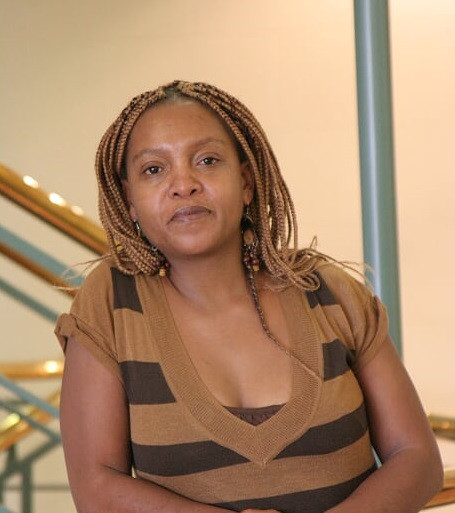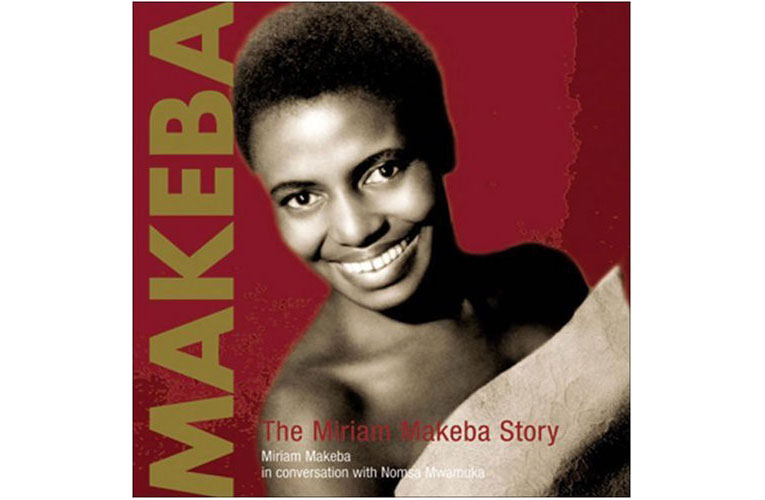Discussing Miriam Makeba’s complex life during Pan African Pantheon Lecture series
By Edward Tsumele
From June this year ending this week, on September 8, a group of people spread from around the world, mainly in South Africa and other countries on the continent, the UK and the African Diaspora , mainly intellectuals leaning towards Pan Africanism or Black Consciousness, have been enjoying a series of intellectually stimulating discussions on Pan Africanism and black consciousness led by some of the most enlightened thinkers and academics in the field.
This initiative, entitled The Pan African Pantheon Lecture Series is the result of an anthology whose contributing authors are giants in Pan Africanism such a Professor Barney Pityana, Professor Adekeye Adebajo, The Director of Pan African Thought Institute at the University of Johannesburg, (who edited the anthology) and Nomsa Mwamuka, the biographer of the late South African music icon and anti-apartheid activist Miriam Makeba, among others.
Emanating from their pieces in the book which is also entitled The Pan African Pantheon, published by Jacana Media in Johannesburg this year, each of the contributors hosted a lecture to which audience members, mainly fellow intellectuals and academics were invited to take part, not only as passive listeners, but active participants who asked questions to the guest lecturers.
The lecture series ended this week with Mwamuka speaking about her piece in the book, which emanates from a book she co-wrote with Makeba, an authorized biography of Makeba titled Makeba: The Miriam Makeba Story.

Mwamuka spoke knowledgeably about Makeba’s journey from the very young age growing up as a daughter of a traditional healer who was a domestic worker, and a father who died when she was still young. She skillfully sketched Makeba’s musical growth from the 1950s in Sophiatown and how she ended up making a name for herself internationally, particularly in the US where she was mentored by Harry Belafonte, with whom she won her first Grammy Award for the album An Evening with Belafonte. Before her death and while back in a free South Africa Makeba also won another Grammy for her musical prowess .
Mwamuka also fielded questions about Makeba’s personal life, such as her multiple failed marriages and her attitude towards relationships and marriage in general. The author came out as someone who really knew Makeba’s complex life story well, having befriended her before she passed on shortly after performing her well loved Pata Pata song in Italy in 2008.
Mwamuka was able to link Makeba’s politics to the broader identity as an African who spoke several African languages, including Swahili in her life time.
CITYLIFE/ARTS yesterday asked Mwamuka why does she think it is important that the African continent needs more of Miriam Makebas with regards to her style of music and consciousness when it came to broad African issues of identity.
“I have heard/read of several artists who have publicly stated that Miriam Makeba was an influence and inspiration in terms of their careers musically, however in terms a ‘consciousness’ I cannot really pinpoint specific musicians who take up causes or are highly visible in specific areas of ‘African identity’ or ‘issue-based’ activism. What more musicians can probably learn from Mama Makeba; the power of using their platforms to be “spokespersons” for social issues… This is the reason that the UN appointed people like Angelique Kidjo and Yvonne Chaka Chaka as goodwill ambassadors. Technology has helped…if you have a platform, if you have a following, if you are an “influencer” – there is an opportunity to use your reach to make positive change on the continent and in the world,” she said.










